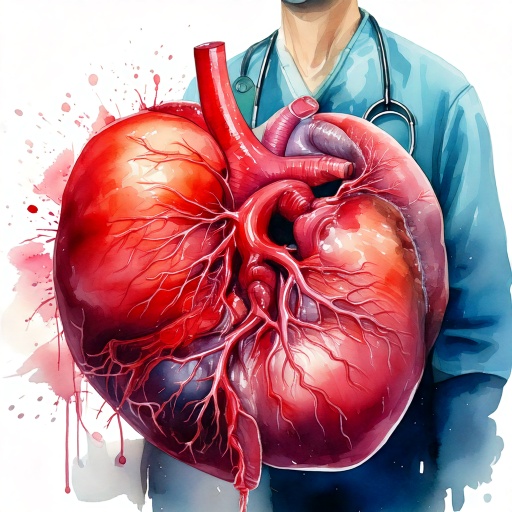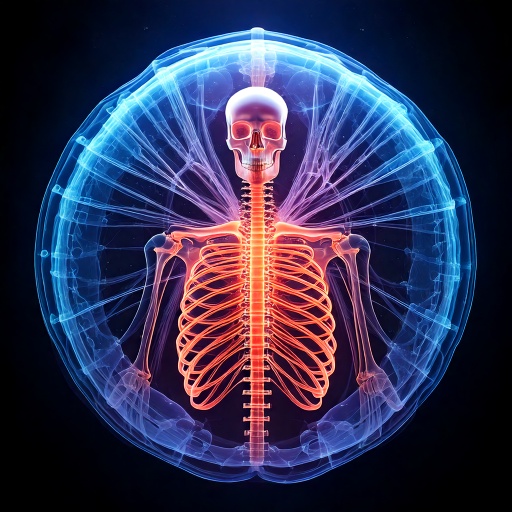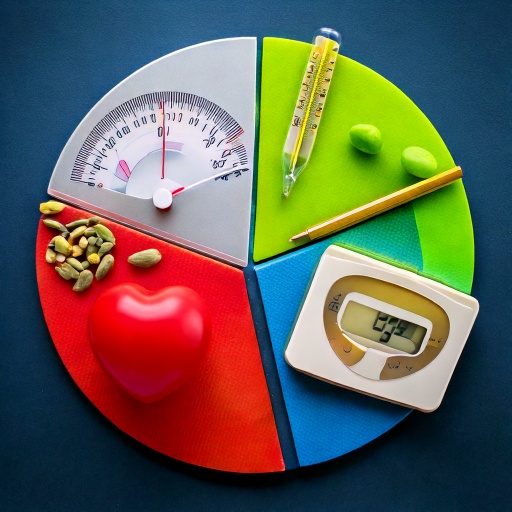April is National Donate Life Month, a time to raise awareness about the critical importance of organ, eye, and tissue donation. Every year, thousands of people in the United States are waiting for a life-saving transplant, and one donor can save multiple lives. This month, we encourage you to learn more about organ donation, understand the process, and consider registering as a donor to make a difference.
Why Donate?

Organ donation is a gift that can change lives. In the U.S., over 100,000 individuals are currently on the waiting list for a transplant, and the need for donors is urgent. Each year, more people are added to the waiting list, while many pass away before receiving a transplant. By choosing to become a donor, you can help save lives and provide hope to those in need.
How You Can Make a Difference

- Register as an Organ Donor One of the most powerful things you can do is register as an organ, eye, and tissue donor. You can register online or when renewing your driver’s license. Make sure to share your decision with your family so they are aware of your wishes.
- Spread Awareness Educating others about organ donation is another way to contribute to the cause. Talk to your friends, family, and colleagues about the importance of registering as a donor. The more people who are informed, the more lives can potentially be saved.
- Support Organ Donation Charities Many organizations support the families of those affected by organ donation. Consider donating to or volunteering for organizations like Donate Life America or local transplant associations that work to promote organ donation.
- Consider Your Wishes It’s important to discuss organ donation with your loved ones, even if you’ve already registered. Having a conversation about your decision ensures that your family understands and respects your wishes when the time comes.
Relevant Benefits to Support Your Health and Well-Being
As part of our commitment to supporting your overall health, we encourage you to consider the following resources related to organ donation and general well-being:
- Health and Wellness Programs: We offer a variety of programs focused on physical and mental health, encouraging you to prioritize your health and well-being—so that you are in a position to make a life-saving donation.
- Employee Assistance Program (EAP): Confidential counseling services for you and your family to help manage the emotional impact of organ donation, both for donors and recipients.
- Health Benefits: Coverage for medical needs related to organ transplants, including evaluation, surgery, and follow-up care.
- Family Support Resources: Assistance for families of those waiting for or who have received organ transplants to help manage the emotional and logistical challenges of the process.
Call to Action

This month, we encourage you to act by registering as an organ donor, educating yourself and others about the process, and supporting those who are impacted by organ donation. By making the decision to donate, you have the potential to save lives and offer hope to many. It’s an easy choice that can make a lifetime of difference.
References
- Donate Life America. (2023). National Donate Life Month: A time to celebrate the lives saved by organ, eye, and tissue donation. Retrieved from https://www.donatelife.net
- U.S. Department of Health & Human Services. (2022). Organ donation: What you need to know. Retrieved from https://www.organdonor.gov
- National Kidney Foundation. (2023). Organ donation: How you can make a difference. Retrieved from https://www.kidney.org
































